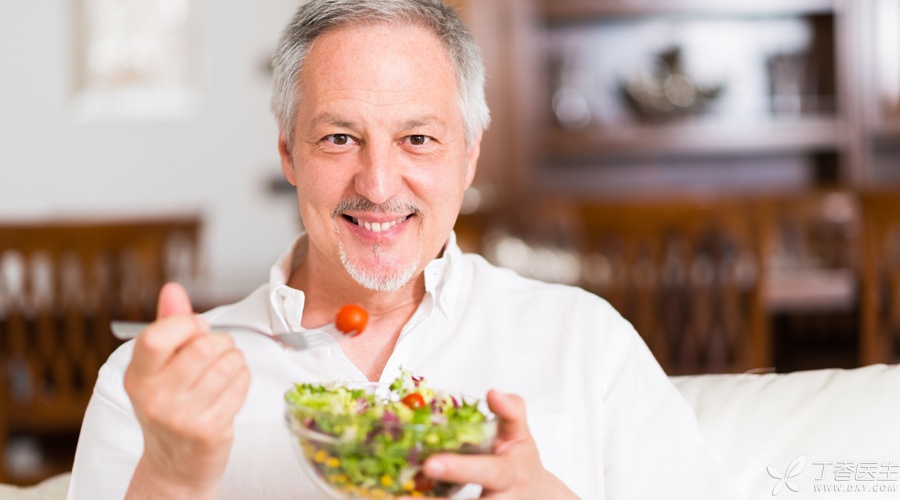
420 is a special number. If the blood uric acid of men is higher than 420 mol/L, they will be diagnosed as [hyperuricemia]. At present, more and more people suffer from hyperuricemia. According to statistics, the number of people suffering from hyperuricemia has exceeded that of people suffering from diabetes, reaching 120 million, which means that almost one in ten people is hyperuricemia.
Not all high uric acid will cause gout and need treatment. However, abnormal uric acid at least reminds us that there is something wrong with our body, we must pay attention to adjusting our living and eating habits, and even need drug treatment.
Although the effect of taboos on reducing uric acid is limited, in most cases it can only be reduced by 10% ~ 20% or 70 ~ 90 mol/L, but it is also very necessary. Don’t mistakenly think that taking medicine is good, don’t taboos.
In order to let everyone better remember the diet attention, Dr. Clove summed up the following three sentences:
Avoid seafood, far internal organs, avoid thick soup and stable uric acid.
Pigs, cattle, sheep, chickens, ducks, geese, perch, carp and crucian
During the onset period, vegetarian sticks and less meat after stabilization.
Seafood, viscera, thick soup-don’t eat or eat less
- Seafood: Seafood mentioned here includes squid, white pomfret, tilapia, salmon, sardines, anchovies, hairtail, saury, turtle, silver carp, etc. Viscera: Viscera includes animal liver, kidney (commonly known as kidney or kidney flower), brain, spleen, small intestine, large intestine, etc. Thick soup: thick broth, thick fish soup, seafood or various hot pot soup should be avoided as much as possible.
The above-mentioned foods belong to extremely high purine foods with purine content greater than 150 mg/100 g. After eating, they will have a greater impact on blood uric acid, affect uric acid control and even induce gout.
However, these foods are only a part of extremely high purine foods. If you encounter uncertain foods, you can roughly judge by the [taste] of the food. If the food is very delicious, then you have to consider whether it is a very high purine food.
Livestock meat, poultry meat, some fish meat-eat less
- Animal meat: mainly refers to pork, beef, mutton, etc. Poultry meat: chicken, duck, goose, pigeon, turkey, etc. Some fish meat: There are many kinds of fish, not all of which belong to foods with extremely high purine, nor all of which cannot be eaten. Fish such as crucian carp, carp, grass carp, perch, eel, eel, etc. belong to foods with medium and high purine and can be eaten in an appropriate amount.
The above-mentioned foods belong to foods with medium and high purine content, and the purine content is less than 150 mg/100 g. As long as you don’t eat too much, you usually won’t cause gout attacks.
When gout attacks, diet control is stricter.
During gout attacks, or when uric acid is not well controlled, seafood, viscera, thick soup and other foods with extremely high purine should be completely avoided, and foods with medium and high purine such as livestock meat, poultry meat and some fish should be eaten less. However, low purine foods such as milk, yogurt and eggs should be selected as far as possible to meet the daily nutritional needs and reduce the impact of food on uric acid.
